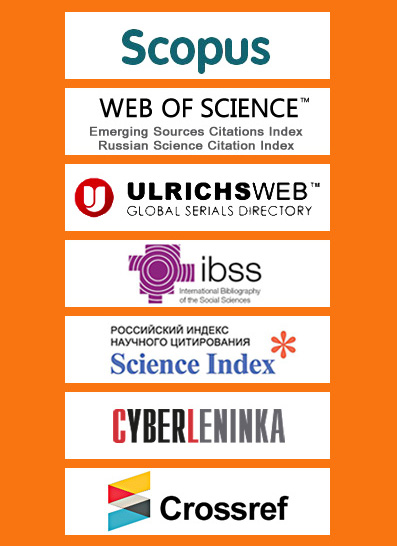Влияние участия университетов в Проекте 5-100 на успешность получения научных проектов
Аннотация
Исследование представляет результаты сравнительного анализа динамики привлечения российскими государственными вузами дополнительного финансирования. Данные для анализа были собраны из открытых источников и рассматривались в сопоставительном контексте между двумя группами: участниками проекта повышения конкурентоспособности ведущих университетов «5-100» и кандидатами на вступление в эту инициативу, которые не прошли отбор в данную программу. Сравнительный анализ 21 победителя с контрольной выборкой из 22 претендентов показал одинаково скромные успехи обеих групп вузов в поиске доходов на открытом рынке вне государственных процедур. Вместе с тем была зафиксирована положительная динамика в привлечении грантовых средств именно для победителей программы. Такой результат может быть связан с кумулятивным эффектом от запуска инициативы «5-100» одновременно с реформированием научных фондов.






